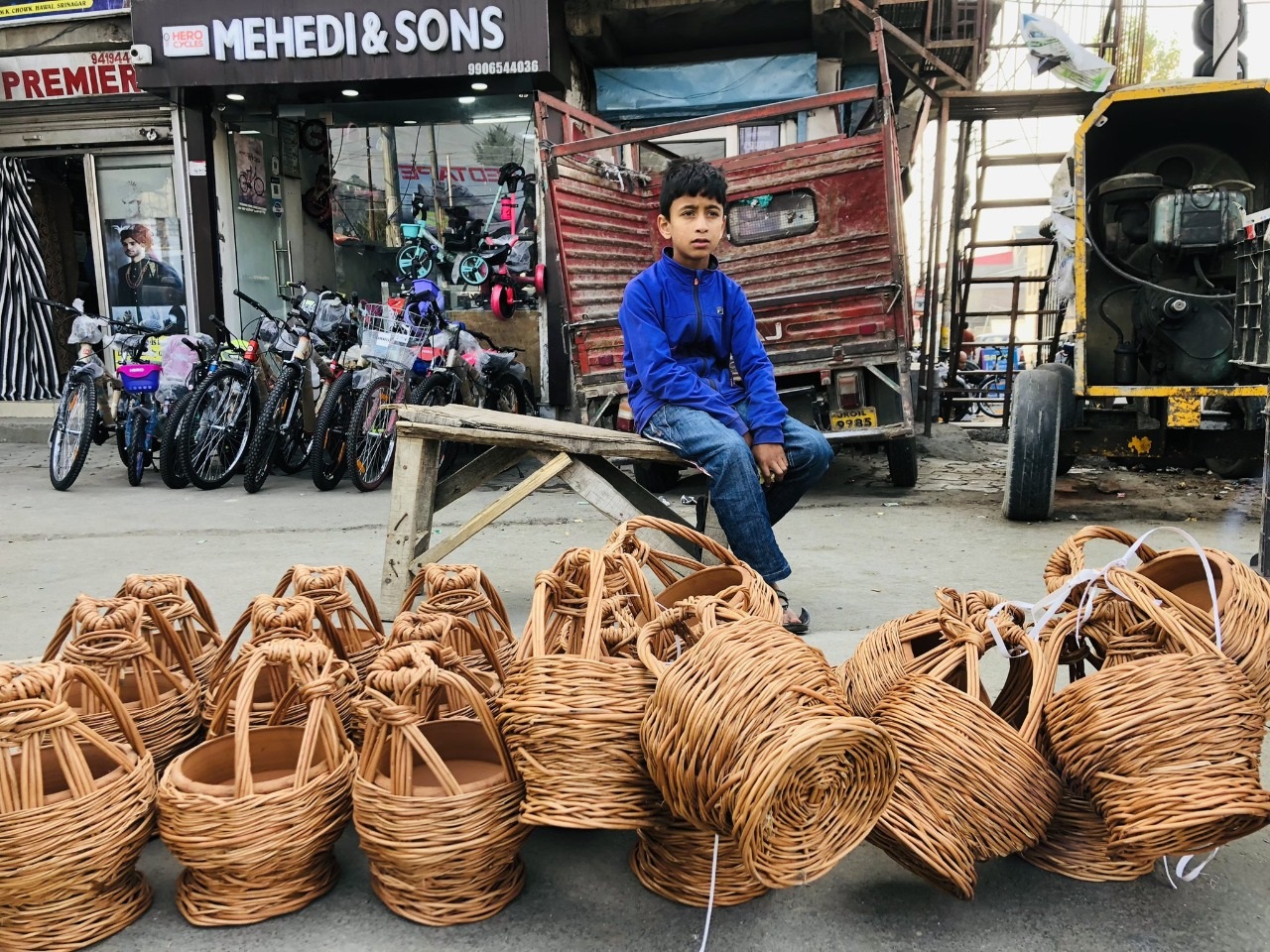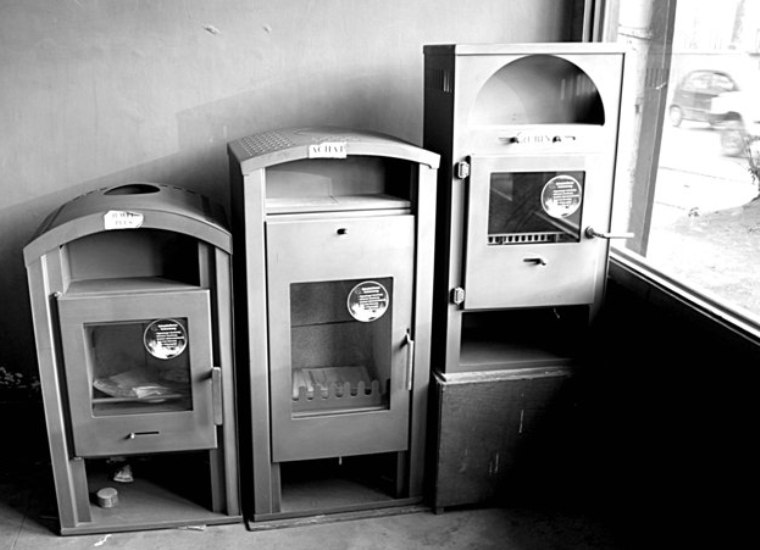With distinct four seasons dictating a dress shift and a food choice, part of Kashmir’s business shifts with the seasons reports Syed Shadab Ali Gillani

Traditionally, Kashmir summer is associated with tourism. As temperatures rise in the plains, the snow-capped mountains begin their gradual thaw, cascading down as gushing streams and rivers. The iconic Dal Lake takes centre stage, with its enchanting shikaras and houseboats becoming the bustling focal point for tourists.
“For us, summer is not only a season of warmth but also an opportunity to provide for our families,” explains Khalid, a houseboat owner. “During this time, we witness an influx of tourists who not only choose to stay in our houseboats but also embark on Shikara rides, enabling us to earn a decent livelihood.”
Unlike the plains where a mere shift in temperature, rains or humidity makes a particular season distinct, Kashmir’s four seasons are set apart. The shifting seasons does not only change the dress and the food choice of the people alone, it also brings about a shift in business and economic activities.
“It is so distinct that a photograph of a person on the street can help a native, far away, to tell which season it is all about,” said Abdul Rashid, a shopkeeper. “If it is too much of woollens, it is winter, if it is light jersey it must be autumn, a T-shirt would mean summer and a light jacket must be early spring.”
For natives, the food and the market also exhibited a change. Life gets expensive in winter, unlike the summers.
Migrations
As autumn descends upon Kashmir, a subtle shift in the business landscape becomes apparent. The number of tourists dwindles with temperature, and the focus of the industry undergoes a notable transition. A trickle of tourists opt for houseboat accommodations during this time. Additionally, many shikara owners find themselves diversifying their operations. Even their rates fall.
“Summers bring prosperity, but winters often pose challenges for our livelihood,” Shabir Ahmed, a shikara owner said. Sometimes Dal Lake freezes, rendering shikaras impassable. Consequently, tourists tend to favour destinations like Gulmarg for winter sports. Therefore, many houseboat owners venture into alternative businesses during this period.
During winter, some of the houseboat owners travel to Pune or Goa. Some work with the people already in the hospitality sector and many others sell the destinations to the potential tourists.
Small Business
Small businesses are Kashmir’s main earners and job givers. As the seasons evolve, these resilient enterprises adapt to the changing demands of their customers.
The family of Mohammad Rafiq Khan has been running an ice-cream shop for almost 90 years in Hari Singh High Street. “This parlour has been in my family since the era of the Maharajas,” revealed Khan. “For the past 45 years, we have been selling ice cream and soft drinks exclusively during summers.”
In winter, the septuagenarian explained, “We primarily sell beverages and other foods like Chola Puri, Gajar ka Halwa, and Samosas.”

Their business, Khan said adapts to the seasons, transitioning from solid foods and beverages to ice creams, juices, and soft drinks. “Thank God, our business remains unaffected,” he said. This year, however, Khan noticed a decreased footfall in HSHS.
A few kilometres away from Khan’s shop, Diplaz, another ice cream corner, experiences a similar shift in activity. It sells biryani, momos, hot coffee, and hot chocolate during winter. “Our sales during winter only amount to approximately 10 per cent of our summer revenue,” Zubair Ahmed, its promoter said.
Street Foods
Hundreds of non-natives are ubiquitous on Srinagar streets and in the peripheral towns. They sell Gol Gappa, ice cream, and Bhel Puri. Off late, they have been instrumental in introducing maize corn (bouta) to Kashmir at a time when it is not locally available. Kashmir maize is ready by early September. They source it from plains and sell for nearly half of the year. Kashmir is also a native bouta business but it thrives mostly on local produce.
They also demonstrate the shift. “I sell Gol Gappa during the summer season,” a street vendor from Udhampur, who sets his shop near busy Iqbal Park said. During winter, when footfalls go down and the freeze returns, he goes home and takes up menial jobs.
Babu Lal Mondal is a Bihar resident, earning his livelihood on Srinagar streets for the last 22 years. “I earn around Rs 400 daily,” he shared. “In summer, I sell softies and in winter, I sell roasted peas (mattar, karae), and on other days, I sell dry snacks, which yield less profit.” He has taken a room on rent in Habba Kadal but insisted that 2023 has been challenging. “This year has been particularly difficult.” Interestingly, he loves Kashmir winters better than the summers!
Weathering the Storm
In her fifties, Khalida has been running a pottery shop at Rambagh for the past decade to support her family of three. “During the wedding season, I sell Tumbakhnaaris (musical instruments used during weddings),” Khalida said. “After the wedding season ends, I sell vases and other items. During winters, my main focus is on selling kundals (earthenware for fire pots)”.
These individuals represent a fraction of the small and large businesses that operate seasonally and must find alternative means to sustain themselves. For all of them, the shift is not easy. “The shift is exhausting”, they admit. “But life has to go on.”
The post Seasonal Businesses appeared first on Kashmir Life.
from Kashmir Life https://ift.tt/YQmXRZC
via IFTTThttps://ift.tt/wBI7R9k
No comments:
Post a Comment